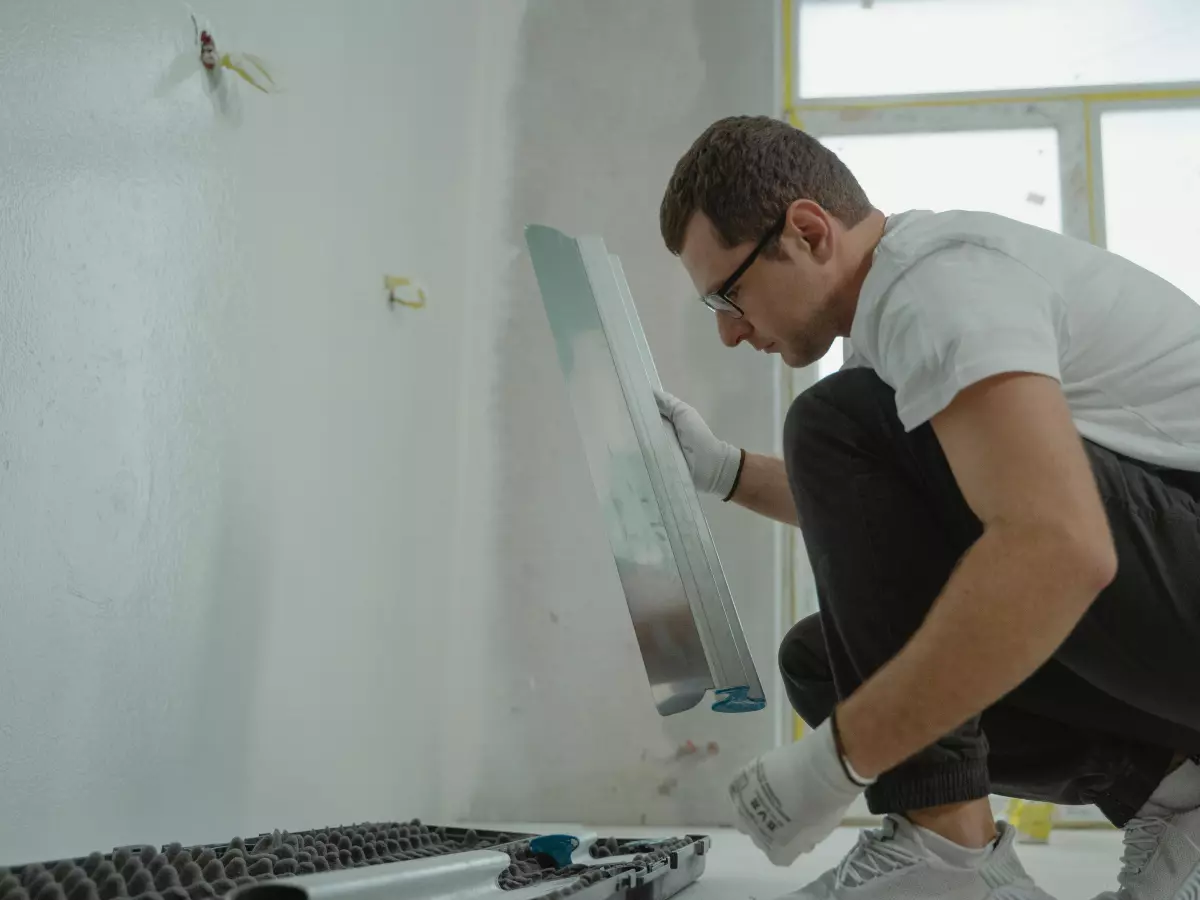SSD Speed Myth
Did you know that 40% of PC users believe upgrading to an SSD will instantly make their system faster? But here's the kicker: it doesn't always work that way.

By Laura Mendes
Alright, let's get one thing straight. Solid-state drives (SSDs) are fast. Like, really fast. But if you're expecting your PC to suddenly feel like a rocket ship just because you swapped out your old hard drive for an SSD, you might be in for a disappointment. Why? Because while SSDs do offer significant speed improvements in certain areas, they're not a magic bullet for all your performance woes.
So, what's the deal? Why isn't your SSD giving you the speed boost you expected? Let's break it down.
1. SSDs Only Improve Certain Tasks
First off, SSDs excel at one thing: reducing load times. If you're tired of waiting for your PC to boot up or for programs to launch, an SSD will absolutely help. But here's the catch—once those programs are running, the SSD doesn't do much to improve their performance. That's because the speed of your system while running apps is more dependent on your CPU, RAM, and GPU than on your storage drive.
Think of it this way: an SSD is like a super-fast highway that gets you to your destination quicker, but once you're there, the speed of your car (i.e., your CPU and RAM) determines how fast you can get things done. So, if your PC is still sluggish after installing an SSD, it might be time to look at other components.
2. Your SSD Might Be Bottlenecked
Another reason your SSD might not be delivering the speed you expected is because of bottlenecks elsewhere in your system. For example, if you're using an older motherboard that only supports SATA III, you're not getting the full potential of a modern NVMe SSD. SATA III maxes out at around 600 MB/s, while NVMe drives can reach speeds of up to 7,000 MB/s. That's a huge difference!
So, if you're still rocking an older motherboard, you might be limiting the performance of your shiny new SSD without even realizing it. In this case, upgrading your motherboard or ensuring your system supports NVMe drives could unlock the speed you're looking for.
3. Your Operating System Isn't Optimized
Even if your hardware is top-notch, your operating system could be holding you back. SSDs require different optimization settings than traditional hard drives, and if your OS isn't configured correctly, you might not be getting the full benefit of your SSD.
For example, Windows has a feature called "Superfetch" that preloads frequently used apps into your RAM. This is great for hard drives, but it's unnecessary for SSDs because they can access data so quickly. Disabling Superfetch and other unnecessary background processes can help ensure your SSD is running at peak performance.
4. Fragmentation Isn't a Thing Anymore
Remember the old days when you had to defragment your hard drive to keep it running smoothly? Well, SSDs don't work that way. In fact, defragmenting an SSD can actually reduce its lifespan! SSDs use a technology called "wear leveling," which spreads out the data across the drive to prevent any one area from wearing out too quickly. So, if you're still defragging your SSD, stop. It's not helping, and it could be hurting your drive.
5. Other Components Matter More Than You Think
Finally, it's important to remember that your SSD is just one part of your system. If you're still using an outdated CPU, have too little RAM, or are running a power-hungry GPU, your SSD won't be able to compensate for those bottlenecks. In fact, upgrading your CPU or adding more RAM might give you a bigger performance boost than upgrading to an SSD.
At the end of the day, an SSD is a great upgrade for reducing load times and making your system feel snappier. But if you're expecting it to solve all your performance problems, you might be disappointed. The key to a truly fast PC is balance—making sure all your components are working together efficiently.
So, if you're still wondering why your SSD isn't making your PC faster, it might be time to take a closer look at the rest of your system. Because, as with most things in life, it's not just about one part—it's about how everything works together.





